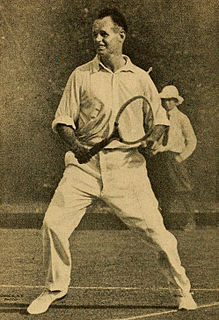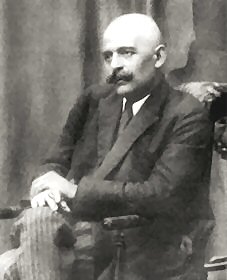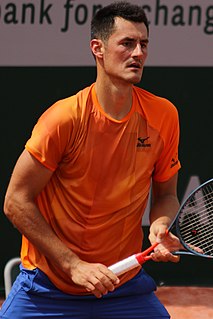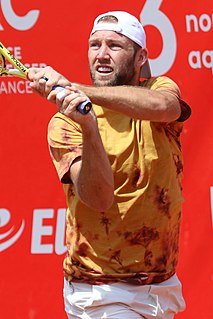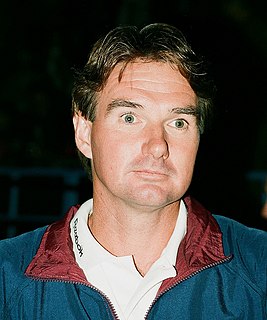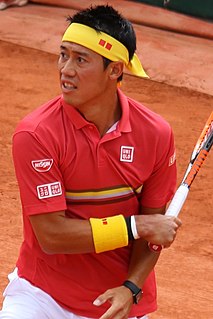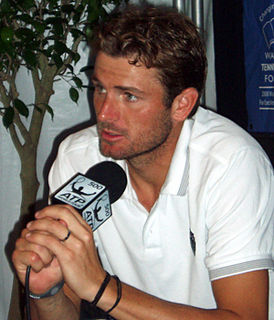A Quote by Craig Biddle
The future must not belong to those who treat faith as a means of knowledge. The future-if peace is to be a part of it-must belong to those who acknowledge that man’s only means of knowledge is reason.
Related Quotes
The future does not belong to those who are content with today, apathetic toward common problems and their fellow man alike, timid and fearful in the face of bold projects and new ideas. Rather, it will belong to those who can blend passion, reason and courage in a personal commitment to the great enterprises and ideals of American society.
We do not belong to this material world that science constructs for us. We are not in it; we are outside. We are only spectators. The reason why we believe that we are in it, that we belong to the picture, is that our bodies are in the picture. Our bodies belong to it. Not only my own body, but those of my friends, also of my dog and cat and horse, and of all the other people and animals. And this is my only means of communicating with them.
I'm not in show business because I don't have to go to the meetings, I'm just not a part of it, I don't belong to it. When you "belong" to something. You want to think about that word, "belong." People should think about that: it means they own you. If you belong to something it owns you, and I just don't care for that. I like spinning out here like one of those subatomic particles that they can't quite pin down.
It is true that zeal is the soul of the virtues, but most certainly, Monsieur, it must be according to knowledge, as Saint Paul says; that means: according to knowledge of experience. And because young people ordinarily do not possess this experiential knowledge, their zeal goes to excess, especially in those who have a natural asperity.
Surely knowledge of the natural world, knowledge of the human condition, knowledge of the nature and dynamics of society, knowledge of the past so that one may use it in experiencing the present and aspiring to the future--all of these, it would seem reasonable to suppose, are essential to an educated man. To these must be added another--knowledge of the products of our artistic heritage that mark the history of our esthetic wonder and delight.
There is only one institution that can arrogate to itself the power legally to trade by means of rubber checks: the government. And it is the only institution that can mortgage your future without your knowledge or consent: government securities (and paper money) are promissory notes on future tax receipts, i.e., on your future production.
In Buddhism, both learning and practice are extremely important, and they must go hand in hand. Without knowledge, just to rely on faith, faith, and more faith is good but not sufficient. So the intellectual part must definitely be present. At the same time, strictly intellectual development without faith and practice, is also of no use. It is necessary to combine knowledge born from study with sincere practice in our daily lives. These two must go together.
